To protest police violence against Blacks, San Francisco 49ers quarterback Colin Kaepernick has caused a national stir by refusing to stand during the playing of the national anthem prior to the start of his team’s games.
“I am not going to stand up to show pride in a flag for a country that oppresses Black people and people of color,” Kaepernick told NFL Media. “To me, this is bigger than football and it would be selfish on my part to look the other way. There are bodies in the street and people getting paid leave and getting away with murder.”
This is not the first time the 28-year-old has spoken out against police violence.
“This is what lynchings look like in 2016!” he wrote on Instagram in the wake of the police killing of Alton Sterling in Baton Rouge, La. “Another murder in the streets because the color of a man’s skin, at the hands of the people who they say will protect us.”
Speaking from the G20 Summit in China, President Barack Obama defended Kaepernick’s decision to sit during the national anthem, saying he was “exercising his constitutional right” to bring attention to “some real, legitimate issues that have to be talked about.”
The president is correct — Kaepernick is following in a long American tradition of exercising our right to protest and criticize, even in a way that some may find offensive.
In that spirit, then, I’d like to also exercise my right to protest and criticize.
My criticism relates to the claim of “bodies in the street” caused by police violence. Kaepernick may want to look at Chicago, where, according to author Heather MacDonald in National Review Online, 2,870 people were shot this year through Aug. 30 — but only 17 of those shootings, or 0.6 percent of the total, were by the police.
According to the Chicago Tribune, this past Labor Day weekend was the deadliest of the three holiday weekends this summer, with 65 people shot, 13 of them fatally. The 90 homicides in August tied for the most the city had seen in a single month since June 1996.
A major reason for this growing mayhem, MacDonald writes, is that cops have backed off of public-order enforcement, with pedestrian stops down 90 percent. Evidently, by focusing so much of our anger on the police and putting them on the defensive, we've ended up hurting those we are trying to help.
“It is the people who live in high-crime areas,” MacDonald says, “who petition the police for ‘corner clearing.’ The police are simply obeying their will. And when the police back off of such order-maintenance strategies under the accusation of racism, it is the law-abiding poor who pay the price.”
None of those complications made their way into Kaepernick’s one-sided protest against police violence. That is my primary criticism —instead of enriching the national debate, he has shriveled it. By overlooking inconvenient truths and focusing all his wrath on the police, instead of honoring a complex reality, he has distorted it.
Kaepernick had a unique opportunity to advance the national debate. His decision to sit during the national anthem was controversial and stunning. With the eyes of the nation on him, he could have stunned us even further by calling for greater cooperation between Black communities and local law enforcement to reduce the scourge of inner-city violence.
He could have unified the country by encouraging a search for solutions that wouldn’t alienate the very police force that protects the majority of Blacks in the inner cities.
But he didn’t do that. Instead, Kaepernick did something that was so 2016: An instant gesture to make an instant statement about a complicated problem.
In other words, he didn’t aim very high, giving us yet another dramatic and divisive statement that elicits more hype than hope. Maybe he forgot that the national anthem he has shunned ends not with a statement but a question:
“Oh say, does that star spangled banner yet wave o'er the land of the free and the home of the brave? “
What makes this country the home of the brave is not just the freedom to make loud statements, but the courage to tackle complex problems.
David Suissa is president of TRIBE Media Corp./Jewish Journal and can be reached at davids@jewishjournal.com.

















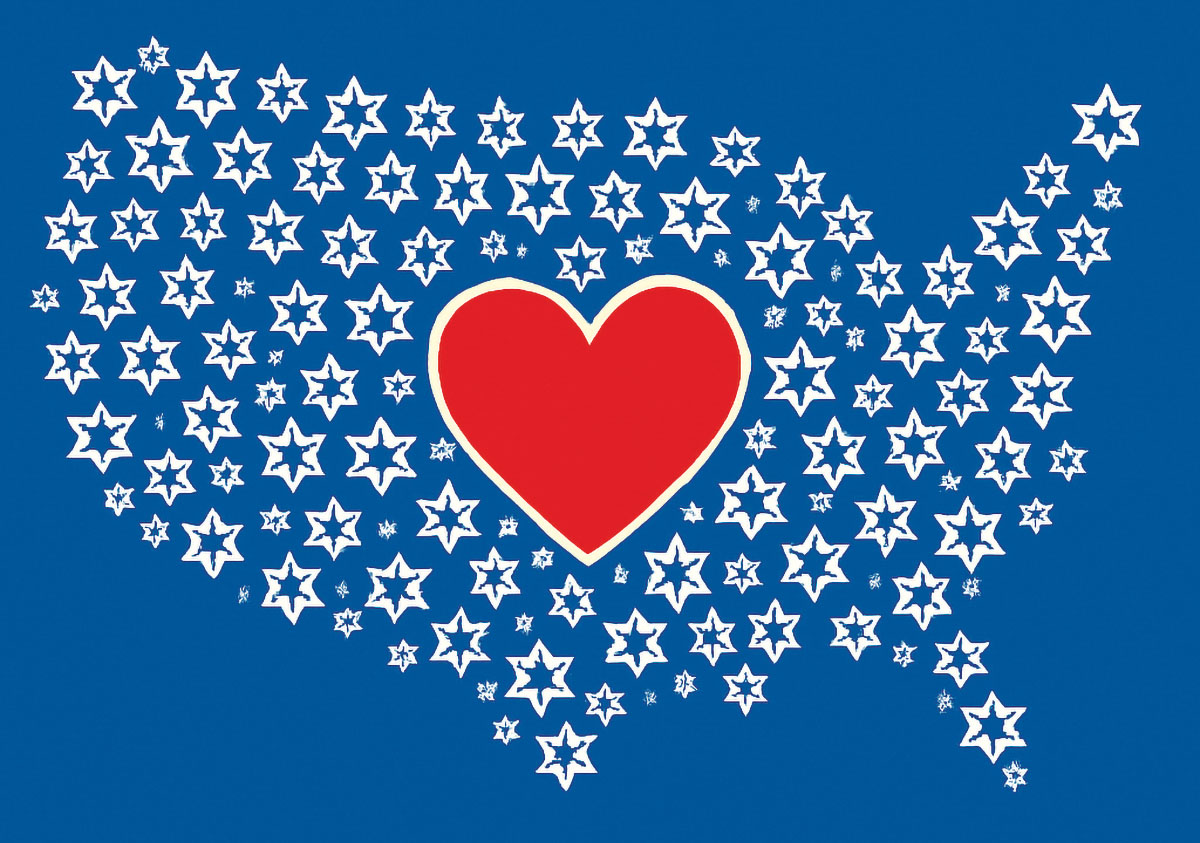

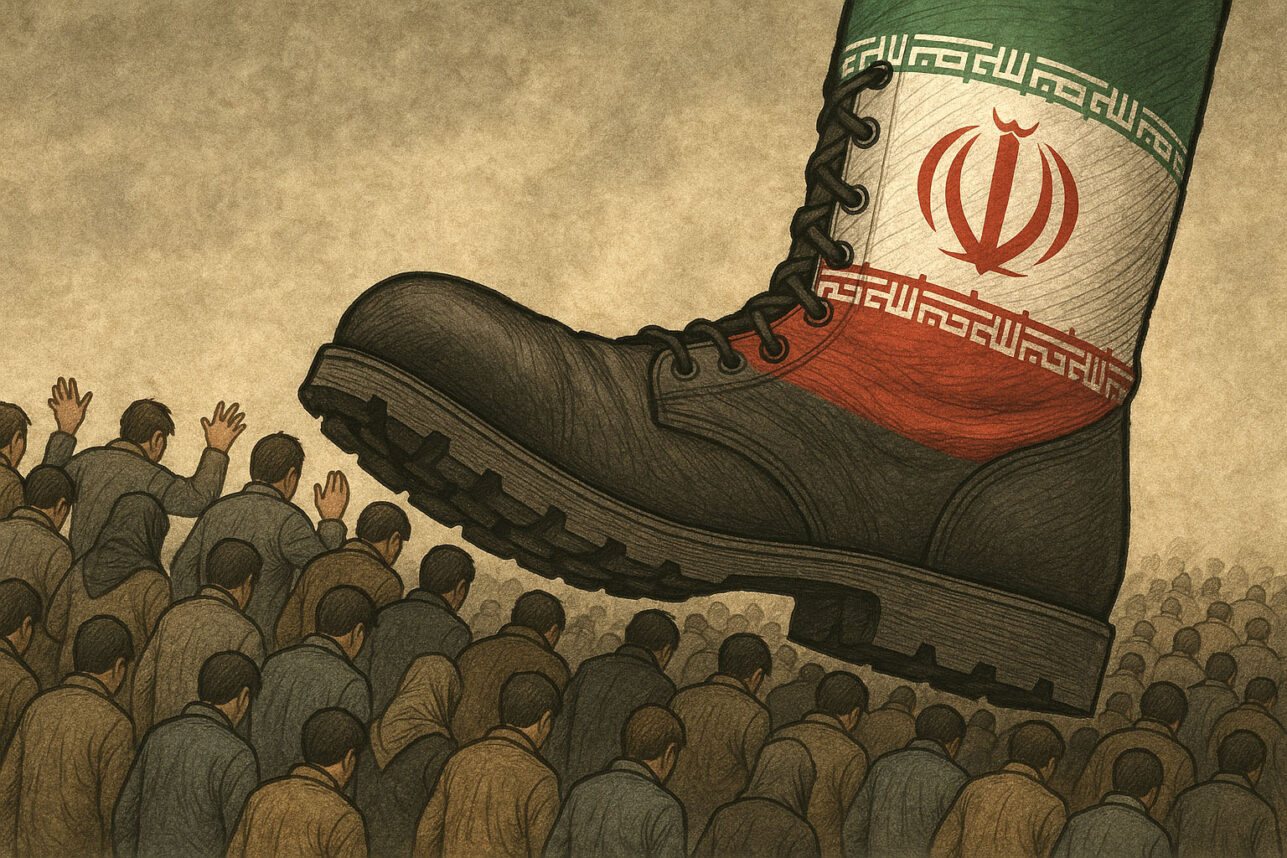

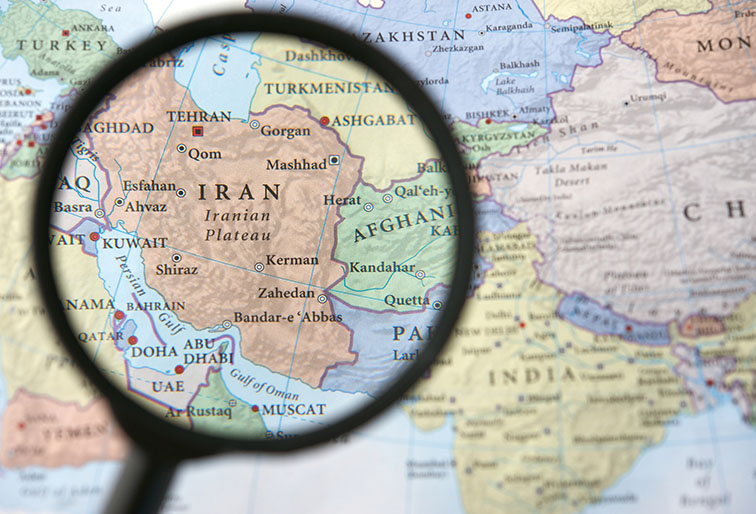
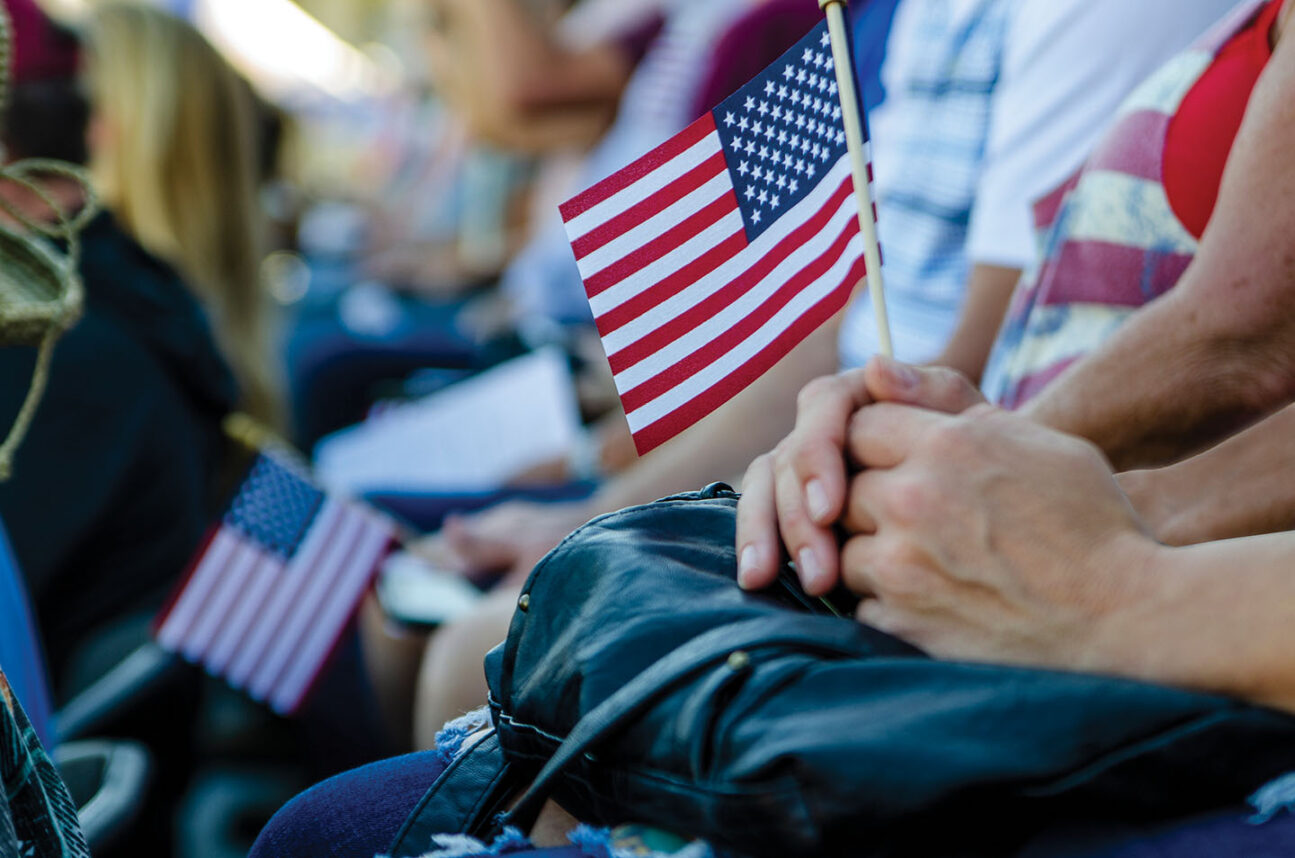
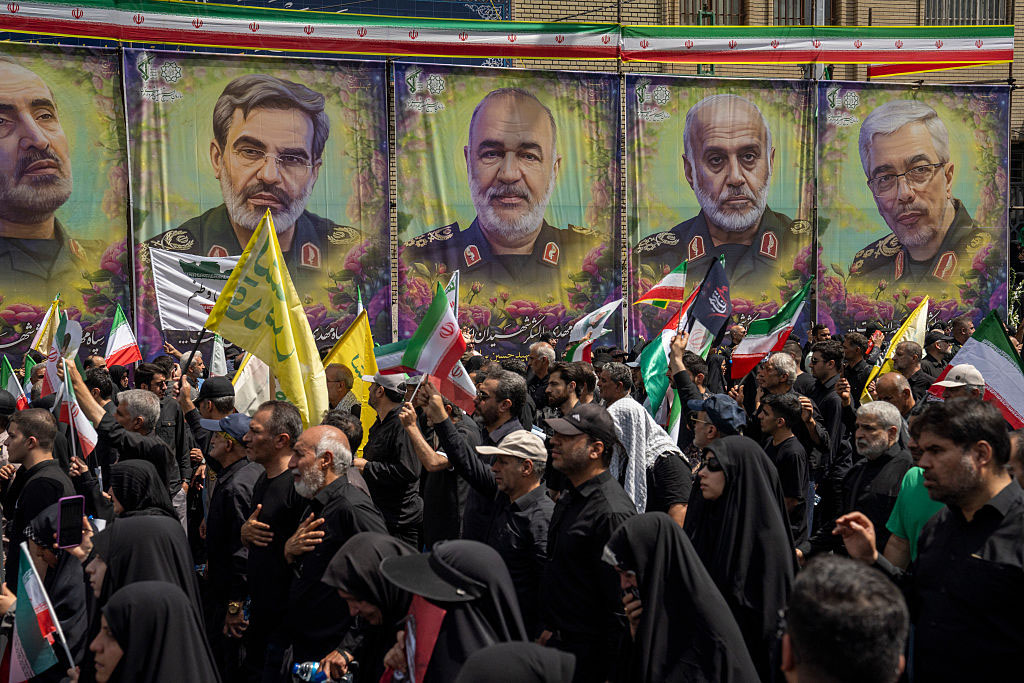
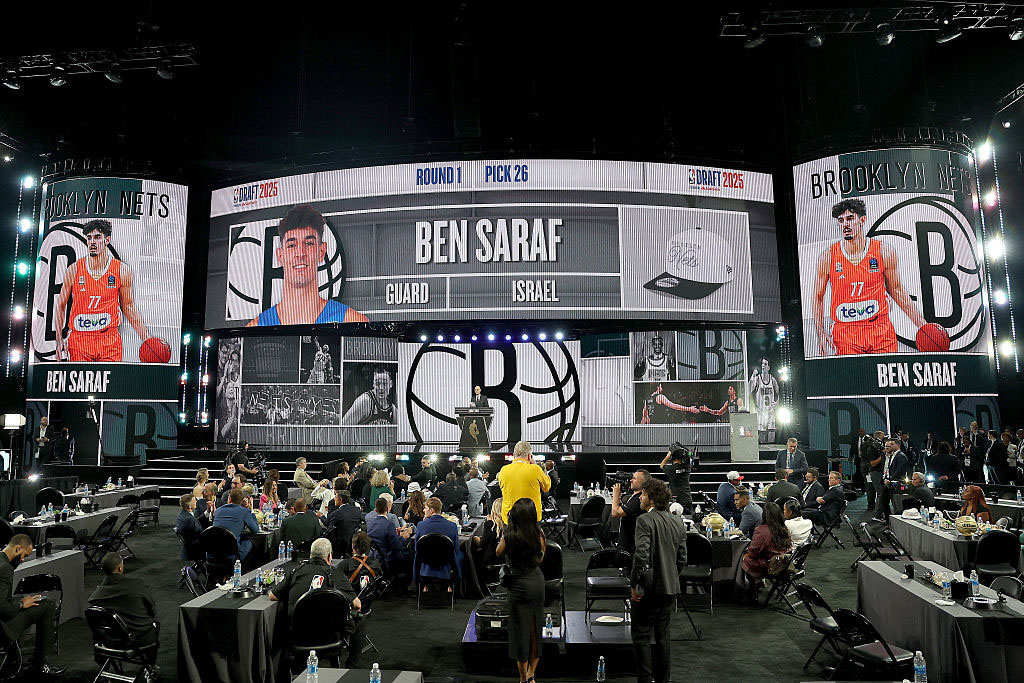
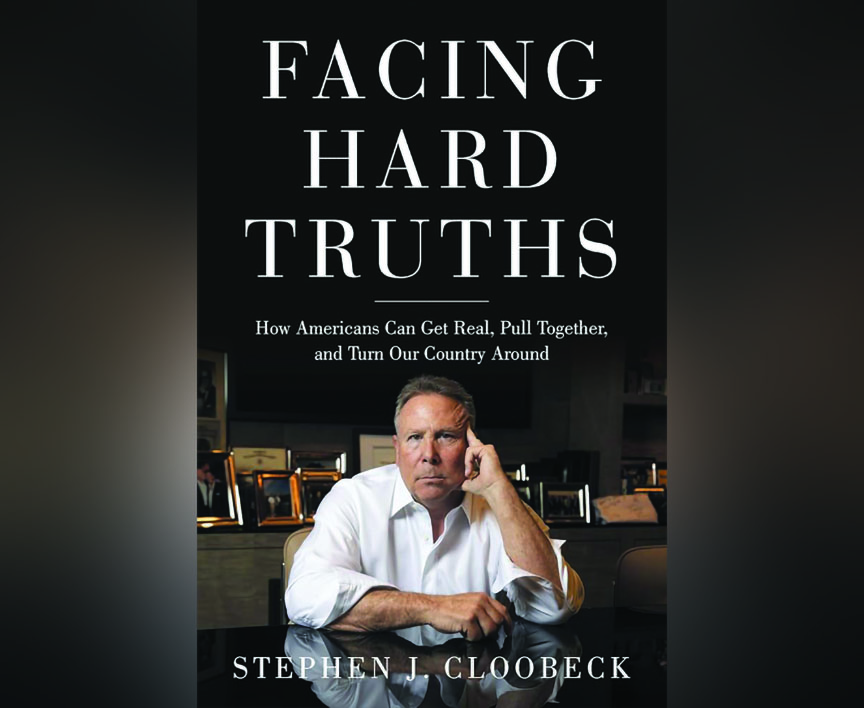








 More news and opinions than at a Shabbat dinner, right in your inbox.
More news and opinions than at a Shabbat dinner, right in your inbox.